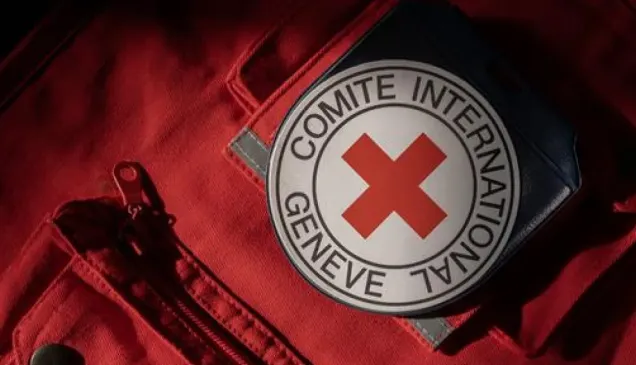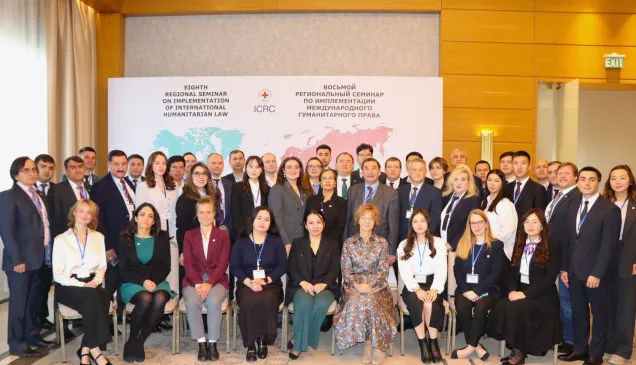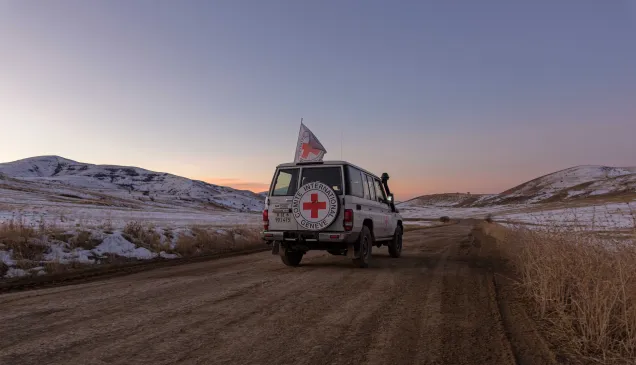Nagorno-Karabakh Conflict: 28 years of being displaced from home
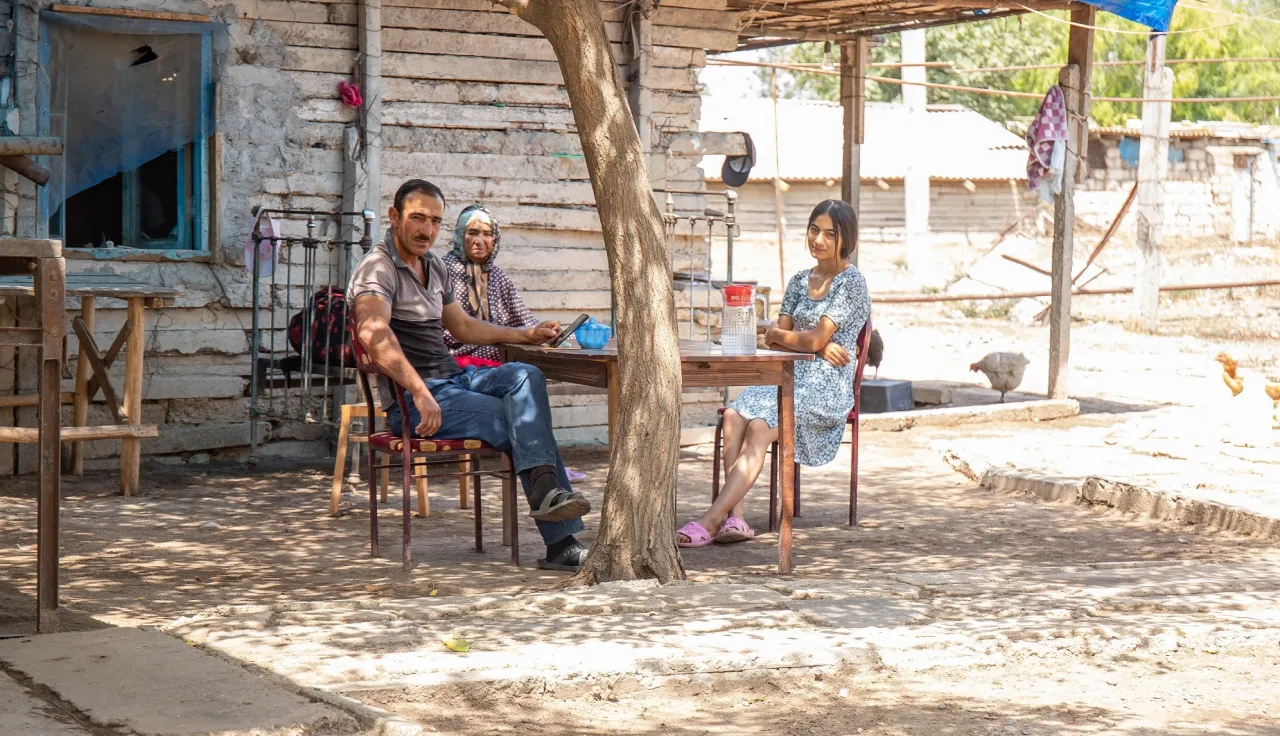
“The pans on our stove were still hot when we fled from our home in Taghibayli village of Aghdam district. We had hoped to return soon but 28 years have passed since then,” says 40-year-old Samiyaddin.
One of the many harsh consequences of getting caught in an armed conflict is being displaced from home, with slim chances of returning. Samiyaddin and his family were among the thousands of Azerbaijanis who had to flee from their homes in the 1990s in connection with the Nagorno-Karabakh conflict.
"In early April 1994, the situation became increasingly hostile and it became dangerous to stay any longer in our village. It was still cold, but we didn't even have the chance to take enough clothes. We just left everything behind and fled for our lives," recalls Samiyaddin, whose brother was killed in the violence.
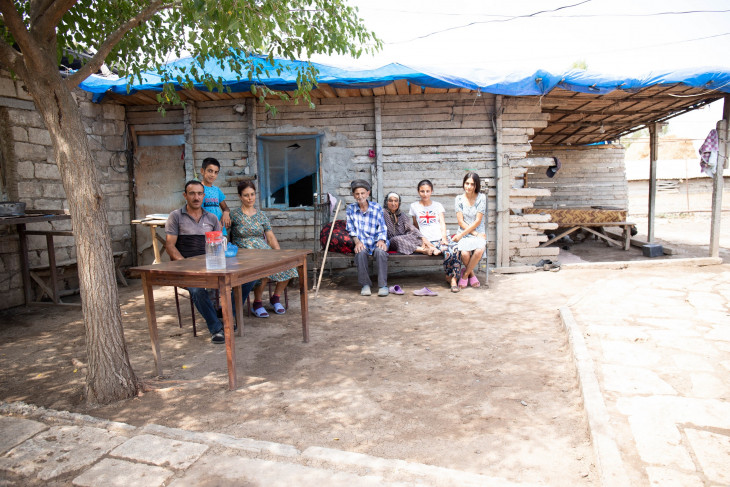
"Initially, we stayed in a tent in a safer area by the road not far from Aghdam. Six months later we settled in a temporary mud house in Tezekend village in Aghdam district. All these years we have been living within walking distance from our village but we can't go home. It can be very depressing sometimes," he says.
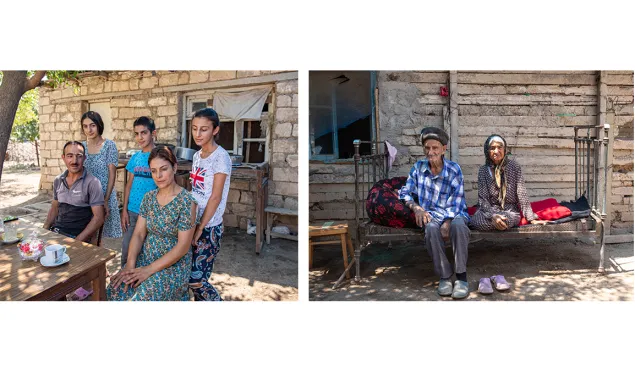
"We have not even been able to visit my brother's grave in the last two decades. The only thing my 90-year-old father longs for now is to visit his son's grave before he dies," says Samiyaddin, who lives in the mud house with his wife, three children and elderly parents.
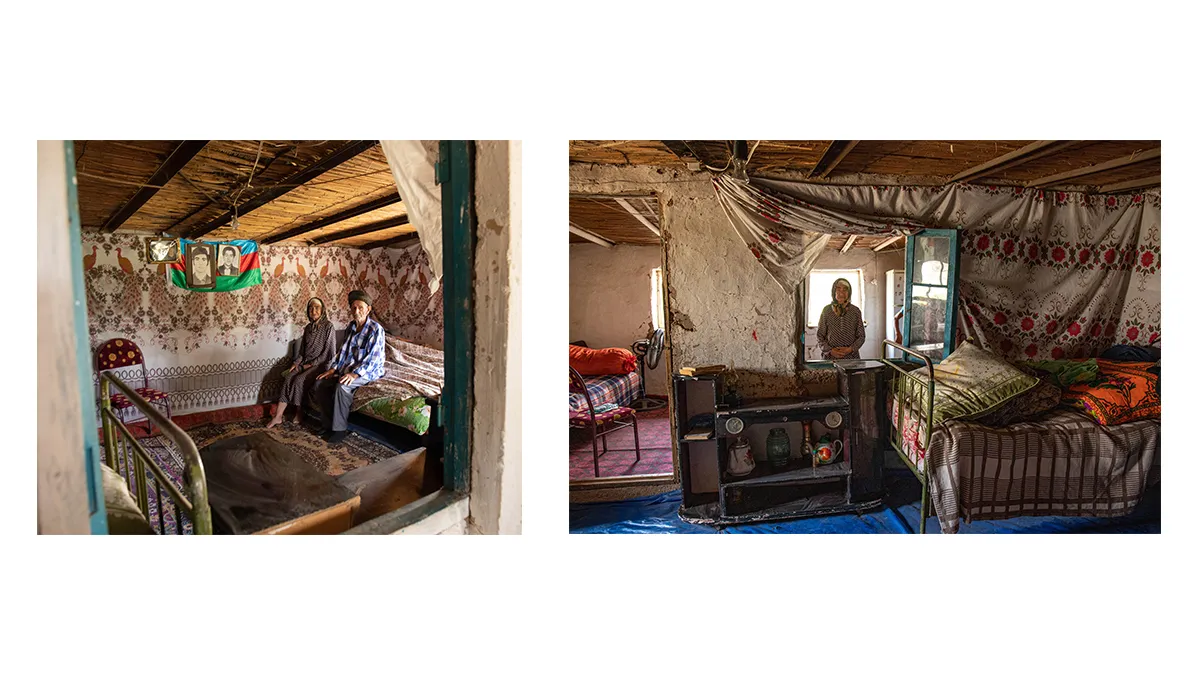
Aida Aliyeva/ICRC
Gunel, his wife, recalls how they learnt to live even in their temporary shelter. "My children were born in this mud house. There were no hospitals nearby and we did not have enough money to travel or get proper medical attention back then." she says.

When the Nagorno-Karabakh conflict escalated in 2020, Samiyaddin's family had a feeling of déjà vu. "It was like reliving a terrible nightmare. We had to evacuate our children and send them to a neighbouring city where they could be safer. It felt like we were back in 1994 and will have to start all over again," says teary-eyed Gunel.
The International Committee of the Red Cross' (ICRC) office in Barda gave a one-time cash assistance to the communities that were affected by the 2020 autumn hostilities. More than 23,000 households, including Samiyaddin's family, benefitted from the project. The ICRC is an impartial, neutral and independent organization whose exclusively humanitarian mission is to protect the lives and dignity of the victims of armed conflict and other violence and to provide them with assistance.

